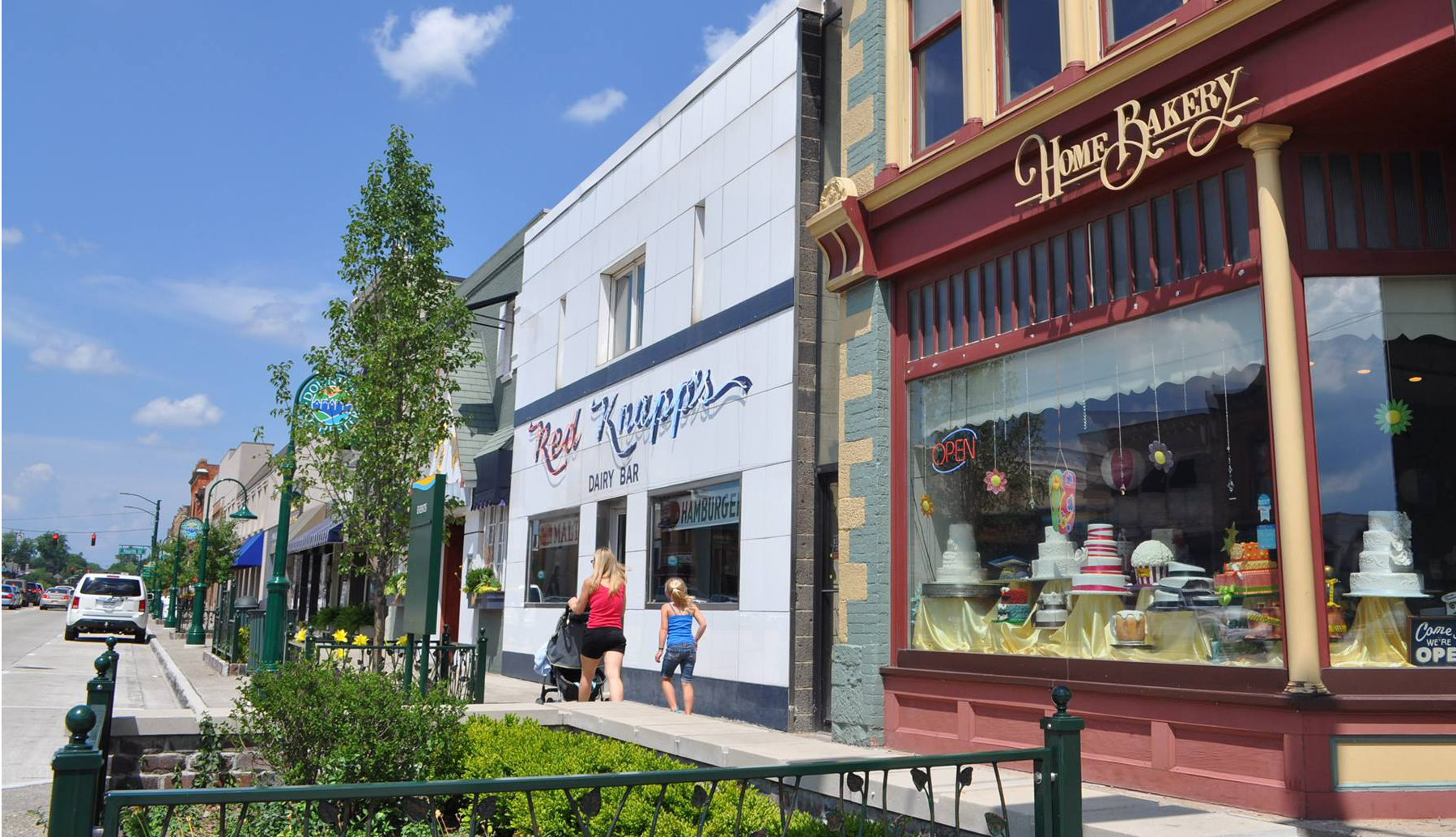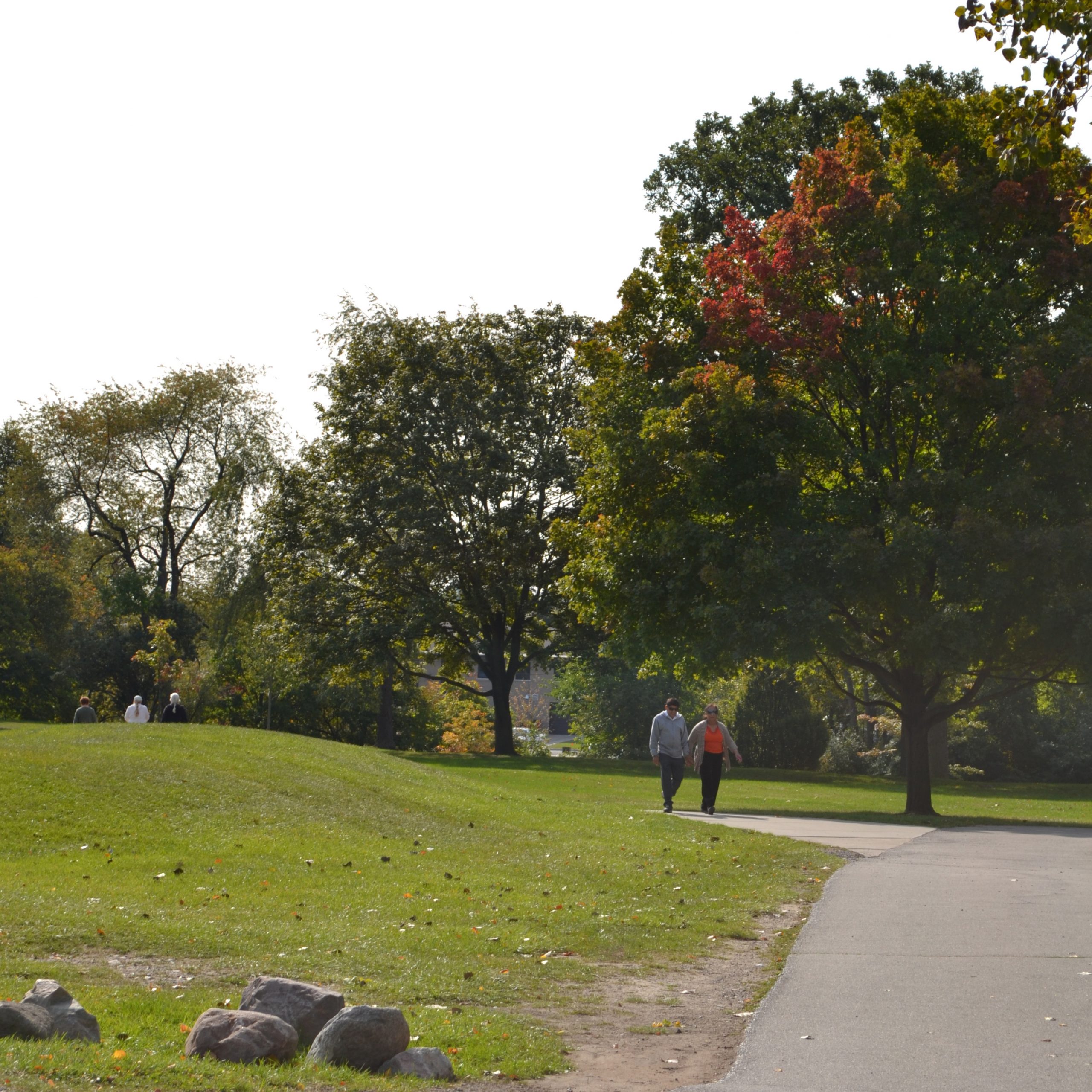

Case Study
Sustainable Rochester
City of Rochester, MichiganRochester, one of Michigan’s premier medium-sized cities located north of Detroit, is surrounded by fast-growing communities—and thus has been subject to extreme development pressure. Rochester’s walkability, vibrant downtown, and traditional neighborhoods have made it the center of this highly attractive suburban area in metro Detroit.
The City’s recently updated Master Plan identified a number of “potential intensity change areas”—sites likely to redevelop in the near future. Rochester experienced a mixed-use and residential development building boom in its downtown, consistent with the Master Plan. However, City leaders saw the need to gain a thorough understanding of the impact each of these projects would have on the community’s character and the impact on the community’s natural, historic, and man-made systems.
Rochester engaged McKenna to develop a sustainability tool to establish key measurable indicators. McKenna analyzed and developed 20 Rochester-specific indicators, including tree coverage, traffic, parking, stormwater, and financial impact. McKenna’s analysis included a determination of the baseline for each indicator; then, working closely with the Interdisciplinary Working Committee through a robust public process, McKenna developed optimal levels for each indicator based on the objectives of the Master Plan. The McKenna team developed a scoring system on which each new development is scored—ensuring that future development is sustainable and consistent with the established and envisioned character of the community. In addition, the City appointed McKenna to its Sustainability Directorship.
Rochester leaders are highly satisfied with the Sustainable Rochester process and resulting sustainability tool and have directed McKenna to incorporate the program into the development review process for a comprehensive, coordinated approach to community planning and design excellence.
Project Download